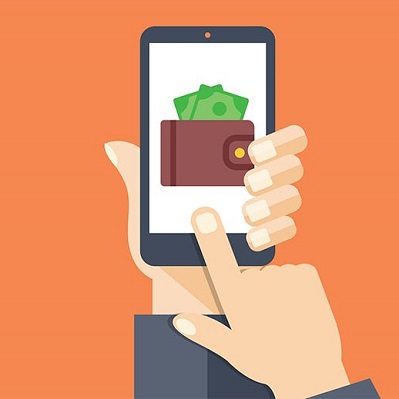
More than half of UK smartphone users pay with digital wallets, a Capterra UK report reveals
The UK’s cashless society grows at full speed as a further 19% say they are interested in starting to use this mobile payment technology.
Capterra UK, a recommendation engine that helps businesses make informed software purchasing decisions, released findings from its Cashless Payments report. The results reveal that, despite the potential risks, digital wallets are the most popular payment method amongst over 1000 surveyed UK smartphone users, with 57% currently paying with them.
When asked to rate their experience using digital wallets, 82% said they are satisfied. The main advantages of digital wallets over traditional card or cash payments identified by current users were: They are more convenient (80%), and they don’t have to carry their physical wallet and risk losing it (50%).
Digital wallets refer to smartphone or smartwatch apps that can store payment details and other types of IDs or credentials. Although they have many different uses, it was revealed that:
- As many as 84% of consistent users use digital wallets as debit or credit cards
- Almost half (48%) use them to store plane, train, or bus tickets
- 34% use them to store event tickets, and 33% to keep loyalty cards
The future of digital wallets: Is the UK prepared to go cashless?
The research shows that the COVID-19 pandemic accelerated cashless payments, with 86% of current digital wallet users saying they started using them after the outbreak. However, the digital wallet trend doesn’t stop there: A further 19% of consumers are interested in starting to use them in the future.
While increasingly popular, the risks of digital wallets do not go unnoticed: 53% of current users pointed out that if their smartphone has a dead battery, they cannot access their payment methods, and 50% said if their smartphone is stolen or lost, a lot of sensitive information can be compromised.
Capterra UK Content Analyst, Eduardo Garcia Rodriguez, commented, “Digital wallets have the potential to become rich marketing and digital payment platforms that can eventually contribute to the UK going cashless. However, as with every technology, it is important to safeguard sensitive information with security software or multi-factor authentication to make sure that this information is protected.”


